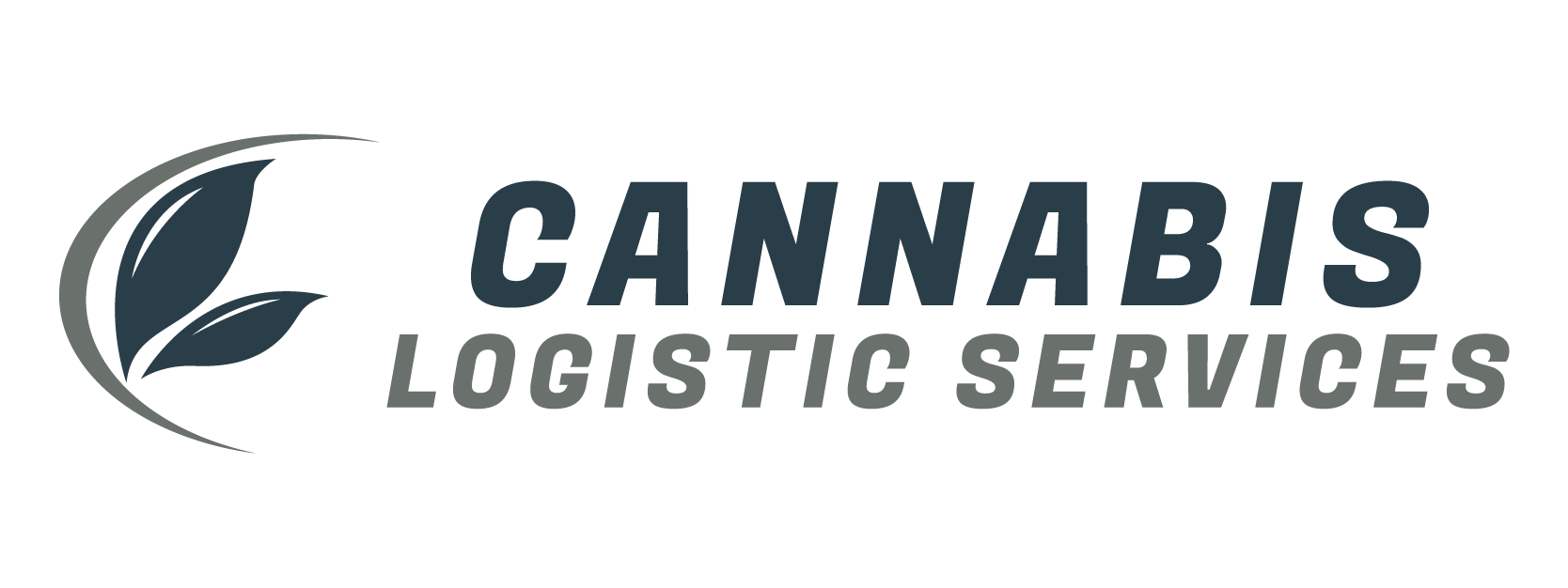In the evolving landscape of the cannabis industry, operational efficiency and regulatory compliance are critical to success. As cannabis businesses scale across legal markets, many are turning to third-party logistics (3PL) providers to manage the complexities of transportation, warehousing, inventory, and last-mile delivery. But what exactly is 3PL in the cannabis space, and why are so many operators choosing this route?
Understanding 3PL in Cannabis
Third-party logistics, or 3PL, refers to outsourcing logistics operations to specialized providers who manage various aspects of the supply chain on behalf of a business. In the cannabis industry, 3PL services typically include compliant storage and transportation of cannabis products, real-time inventory management, fulfillment coordination, and delivery tracking—often in partnership with seed-to-sale systems mandated by state regulators.
Cannabis-specific 3PL providers are well-versed in regional regulations, licensing requirements, product handling standards, and data security protocols. They help licensed operators navigate strict transportation laws and chain-of-custody documentation, providing peace of mind and reducing risk in a highly regulated market.
Why Businesses Choose 3PL Over In-House Operations
While some vertically integrated cannabis companies choose to manage logistics internally, many small to mid-sized operators find that outsourcing offers strategic and financial advantages. Here are the top reasons businesses are opting for 3PL partnerships:
- Compliance Expertise: One of the primary benefits of using a cannabis-focused 3PL is the assurance that product movement remains compliant with state laws. 3PL providers stay current with regulatory changes, ensuring that manifests, vehicle security, and reporting standards are always up to date.
- Scalability: As cannabis companies expand into new territories or increase product SKUs, 3PLs offer the infrastructure and resources to scale operations without heavy capital investment in vehicles, warehouses, or staff.
- Cost Efficiency: Running an in-house fleet comes with fixed and variable expenses—vehicle maintenance, insurance, employee training, route planning, and more. By outsourcing, businesses convert many of these costs into predictable service fees, often saving money in the long run.
- Focus on Core Operations: By delegating logistics to a 3PL partner, cannabis brands can concentrate on product development, marketing, customer experience, and retail operations instead of compliance paperwork and delivery routes.
- Faster Delivery and Fulfillment: Established 3PL networks often operate across wide service areas and can leverage route optimization tools and trained drivers for efficient and timely deliveries. This is particularly helpful in markets with demanding delivery windows and patient needs.
The Role of Technology
Modern cannabis 3PL providers are embracing logistics technology—GPS tracking, real-time dashboards, automated compliance checks, and integration with METRC and BioTrack systems. This visibility into inventory and delivery workflows builds trust with clients and regulators alike.
Choosing the Right 3PL Partner
When selecting a 3PL provider, cannabis businesses should evaluate experience, regulatory knowledge, licensing status, data security, and insurance coverage. Providers such as Nabis, Herbl, and Treez Logistics have built reputations in major markets by focusing on reliability, compliance, and customer service.
In Summary
As the cannabis industry grows, third-party logistics has become an essential tool for companies looking to streamline operations, remain compliant, and compete in a dynamic marketplace. Whether for cultivation, manufacturing, or retail, outsourcing logistics to a qualified 3PL provider offers flexibility, efficiency, and peace of mind.
